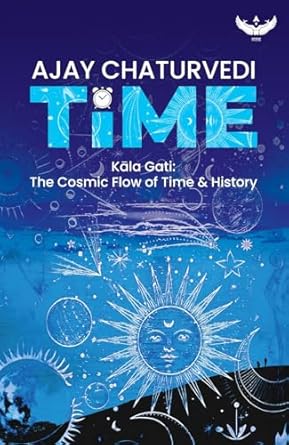2.14 Enforcement of Agreements:
2.14.1 Bare Act Provision:
11. Enforcement of agreements.―(1) If an owner or other person who is bound by an agreement for the maintenance of a monument under section 6 refuses or fails within such reasonable time as the Director-General may fix, to do any act which in the opinion of the Director-General is necessary for the maintenance of the monument, the Director-General may authorise any person to do any such act, and the owner or other person shall be liable to pay the expenses of doing any such act or such portion of the expenses as the owner may be liable to pay under the agreement.
(2) If any dispute arises regarding the amount of expenses payable by the owner or other person under sub-section (1), it shall be referred to the Central Government whose decision shall be final.
2.14.2 Enforcement of Maintenance Agreements
Sub-section (1) of Section 11 of the AMASR Act addresses situations where an owner or another person, who has entered into an agreement under Section 6 of the AMASR Act to maintain a protected monument, fails or refuses to perform necessary maintenance work within a reasonable timeframe set by the Director-General of the Archaeological Survey of India (ASI). In such cases, the Director-General can authorize another person to carry out the required maintenance work. The owner or the responsible person is then liable to pay the full expenses incurred for the work or a portion of those expenses as specified in the agreement.
The doctrine underlying this clause is Contractual Obligation and State Enforcement. It ensures that private parties bound by agreements to maintain protected monuments fulfill their responsibilities. If they fail, the state (through the Director-General) can step in to protect the monument, which is a public heritage asset, and recover costs from the responsible party.[1] This reflects the principle of balancing private obligations with public interest in preserving cultural heritage.
2.14.3 Dispute Resolution Regarding Expenses
Section 11(2) provides a mechanism for resolving disputes about the amount of expenses an owner or other person must pay under sub-section (1). If a dispute arises, it is referred to the Central Government, whose decision is final and binding. This ensures that disagreements about financial liability are settled by a higher authority, avoiding prolonged litigation. The doctrine here is Administrative Finality. By vesting the Central Government with the authority to make a final decision, the clause aims to ensure swift resolution of disputes to facilitate the maintenance of protected monuments. It reflects the principle that administrative decisions by competent authorities should be conclusive to avoid delays in preserving public heritage.[2]
Reference:
[1] K.Guruprasad Rao vs State Of Karnataka & Ors [2013 AIR SCW 5087]
[2] Heritage Trust vs Union Of India, Gujarat High Court in WP (PIL) No. 179/2020, Dt. 15.06.2021, available at https://indiankanoon.org/doc/84699766/, Last visited on 20.07.2025

Image credit: https://x.com/GemsOfINDOLOGY



